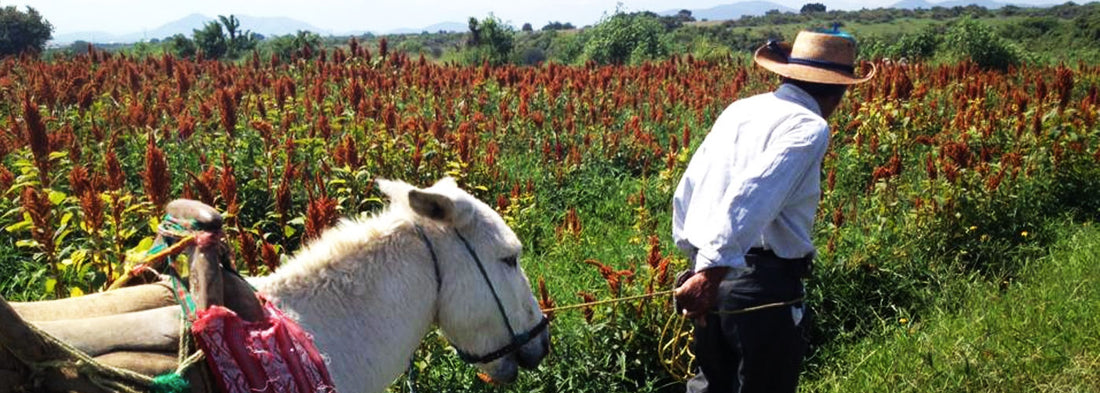
The Faults of "Fair-trade" - It's time to work directly with farmers
Share
While the Fair-trade model has many broad-scale benefits, it usually neglects impacting those who could use fair-trading practices most... The small-scale, rural farming communities 👨🌾
What Fair Trade neglects:
Because becoming a fair-trade certified operation is a costly endeavor, one that is not adapted to country context, rather is a fixed price, many are unable to afford this luxury of certification. If organizations / farming cooperatives are able to afford certification, becoming “fair-trade” provides a minimum wage requirement guarantee for the cooperative as a whole, not for the scale-scale farmer or working within the supply chain.
Direct-trade is the future:
While this is a relatively “new” term, the essence of directly trading with farmers and artisans has been embedded within agricultural business for generations. In its simplicity, direct-trade establishes relationships with farmers and/or artisans directly, without the need of a certifying body such as “Fair-Trade”. Prices can be personally agreed on that cover the cost of production, and have additional premium for high quality products at the benefit for those who create the products themselves. Working with farmers and/or artisans directly provides the foundation for creating long term and sustainable relationships in which the suppliers understand all aspects of the supply chain and those who are involved.
This all noted, transparency in the supply chain is key. As this alternative system of trade is highly-unregulated, so consumers are left to discern the company practices communicated by organizations.
At Semilla we believe in the importance of operating in a transparent manner in how we strive to optimize our ecological and social impact. That's why we are committed to providing beyond organic, sustainable, directly sourced products from farmers + artisans straight to our consumers.
Aside from paying fair-wages to our farmers and artisans, we regularly check-in with them to see how the facilities are, ask about their aspirations as they grow their operations, and how we can support them in the process. Buying our products means you are directly supporting the passions & development of these communities as our organization expands.
It's time to support those who could greatly benefit from fair-trading practices, working directly small scale farmers. Ask your favorite brand where their product's origin are and to share the process of their supply chain. If they are unable to disclose this information, this is highly problematic. It's time we demand the spreading of the wealth for all hands involved in the supply chain, especially those who are care taking for the Earth and supplying the products in which we all enjoy + benefit from.
